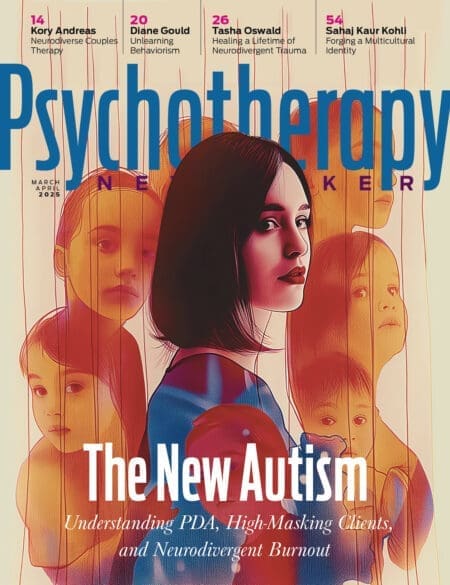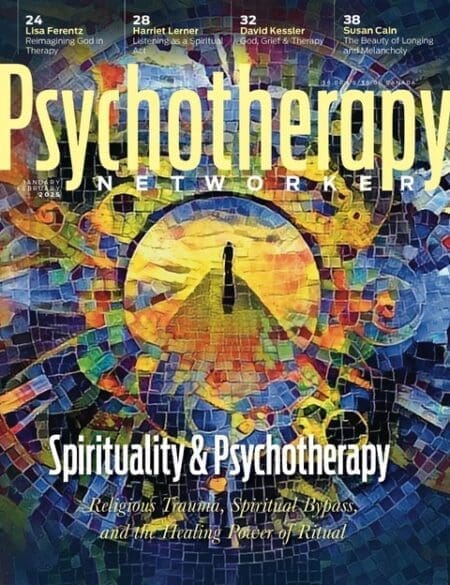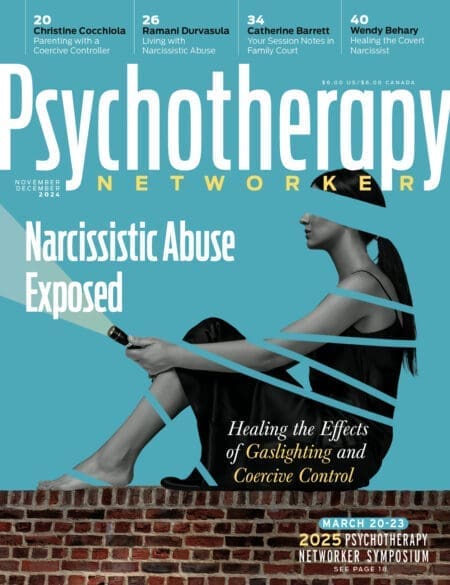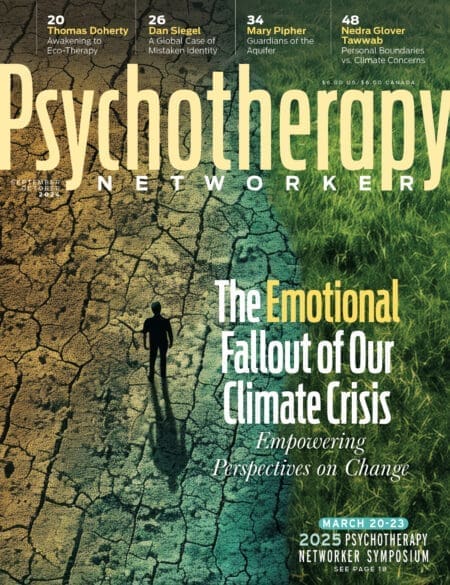America, in matters of sex as in much else, seems to be a goal-oriented society that prefers explicit meanings, candor, and “plain speech” to ambiguity and allusion. In America, this predilection for clarity and unvarnished directness, often associated with honesty and openness, is encouraged by many therapists in their clients: “If you want to make love to your wife/ husband, why don’t you say it clearly? And tell him/her exactly what you want.”
But I often suggest an alternative with my clients: “There’s so much direct talk already in the everyday conversations couples have with each other,” I tell them. “If you want to create more passion in your relationship, why don’t you play a little more with the natural ambiguity of gesture and words, and the rich nuances inherent in communication.”
Ironically, some of America’s best features—the belief in democracy, equality, consensus-building, compromise, fairness, and mutual tolerance—can, when carried too punctiliously into the bedroom, result in very boring sex. Sexual desire doesn’t play by the same rules of good citizenship that maintain peace and contentment in the social relations between partners. Sexual excitement is politically incorrect, often thriving on power plays, role reversals, unfair advantages, imperious demands, seductive manipulations, and subtle cruelties. American couples therapists, shaped by the legacy of egalitarian ideals, often find themselves challenged by these contradictions.
What I’d characterize as a European emphasis on complementarity—the appeal of difference—rather than strict gender equality has, it seems to me, made women on the other side of the Atlantic feel less conflict between being smart and being sexy. In Europe, to sexualize a woman doesn’t mean to denigrate her intelligence or competence or authority. Women, therefore, can enjoy expressing their sexuality and being objects of desire, and enjoy their sexual power, without feeling they’re forfeiting their right to be taken seriously as professionals and workers.
Of course, American feminists achieved momentous improvements in all aspects of women’s lives. Yet without denigrating those historically significant achievements, I do believe that the emphasis on egalitarian and respectful sex—purged of any expressions of power, aggression, and transgression—is antithetical to erotic desire, for men and women alike.
So many of the couples who come to therapy imagine that they know everything there is to know about their mate. In large part, I see my job as trying to highlight for them how little they’ve seen, urging them to recover their curiosity and catch a glimpse behind the walls that encircle the other. Eroticism is the fuel for that curiosity, the experience of desire transfigured by the imagination.
As Mexican essayist Octavio Paz has written, eroticism is “the poetry of the body, the testimony of the senses. Like a poem, it is not linear, it meanders and twists back on itself, shows us what we do not see with our eyes, but in the eyes of our spirit. Eroticism reveals to us another world, inside this world. The senses become servants of the imagination, and let us see the invisible and hear the inaudible.”
Esther Perel
Psychotherapist and New York Times bestselling author Esther Perel is recognized as one of today’s most insightful and original voices on modern relationships. Fluent in nine languages, she helms a therapy practice in New York City and serves as an organizational consultant for Fortune 500 companies around the world. Her celebrated TED talks have garnered more than 40 million views and her international bestseller Mating in Captivity: Unlocking Erotic Intelligence became a global phenomenon translated into more than 30 languages. Her newest book is the New York Times bestseller The State of Affairs: Rethinking Infidelity (HarperCollins). She is a Licensed Marriage and Family Therapist, an AASECT certified sex therapist, a member of the American Family Therapy Academy and of the Society for Sex Therapy and Research. Esther is also the host of the hit podcast “Where Should We Begin?” which is available on Apple Podcasts. Her latest project is “Where Should We Begin – A Game of Stories with Esther Perel.” Learn more at EstherPerel.com.













